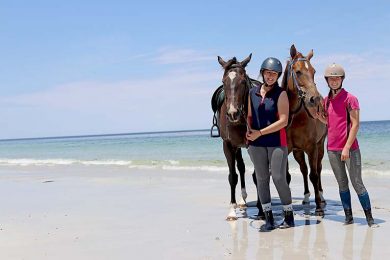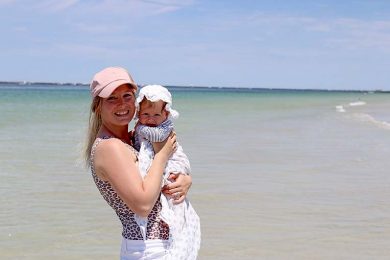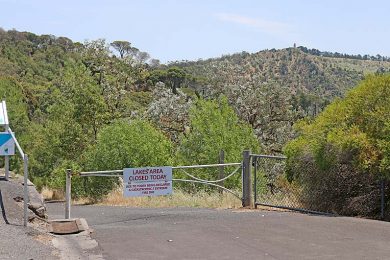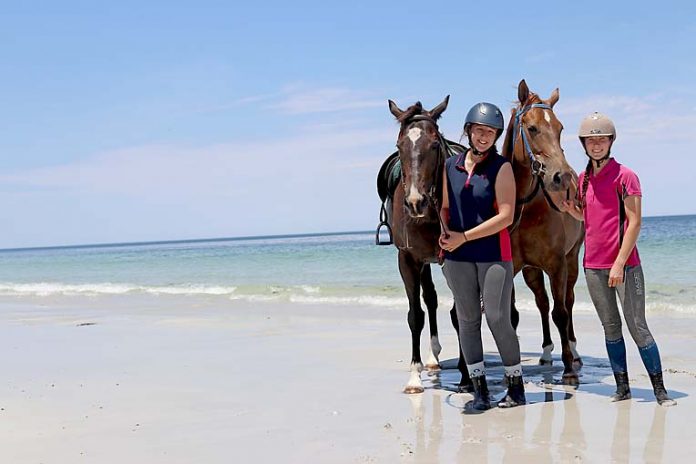
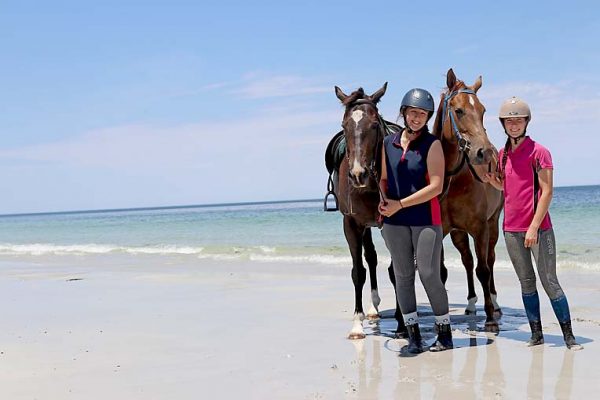
RELIEF from the summer sun is still at least two days away as the Limestone Coast swelters through its first significant hot spell since early in the year.
The Bureau of Meteorology has predicted catastrophic fire conditions for the region tomorrow, with a statewide total fire ban also in place today.
The Valley Lakes precinct and surrounding walking trails were closed to the public yesterday in-line with Mount Gambier City Council policy, as the fire danger was rated extreme.
While residents flocked to the coast or sought refuge indoors to avoid the heat, animal owners are being urged to consider their pets with tomorrow’s temperature expected to peak at 43 in the Mount Gambier district.
The timely reminder follows the death of a one-year-old dog in Whyalla this week, triggering a plea from RSPCA South Australia chief inspector Andrea Lewis for owners to shelter their animals when warmer temperatures arrive.
“This is basic stuff that every person who owns an animal should know – they must have ample shelter from this heat and unlimited access to clean water or they could easily die,” Ms Lewis said.
“Ideally, pets should be indoors with air-conditioning on – but at the very least they must be able to shelter from the sun throughout the day and have plenty to drink.”
Horse enthusiast Monyque Watson and Mount Gambier jockey Libby Halliday ventured to the Port MacDonnell coastline yesterday to keep their four-legged companions cool.

Ms Halliday said the pair took their horses to the beach as much as possible to keep them cool, adding it was good for their joints, bones and muscles.
“We thought it was perfect weather to take them to the beach,” she said.
“When it is hot weather, we do try to watch them more and make sure they are drinking enough.
“We have definitely watched over them over the past couple of days and will be for the next few as well.”
Ms Halliday said Port MacDonnell was convenient because it was in close proximity to Mount Gambier.
“The horses get hot in the float so we try to keep the travelling as quick as possible,” she said.
“I even come down in winter a fair bit as well with some race horse trainers as it is great for the horses.”
With summer now in full swing, life on the land has not slowed with the Mount Gambier and District Saleyards hosting its final markets of 2019 yesterday, with live transport and stock agents following strict safety measures.
Primary Industries and Regional Development Minister Tim Whetstone said animals should be checked regularly to make sure they are coping with the heat during extreme temperatures.
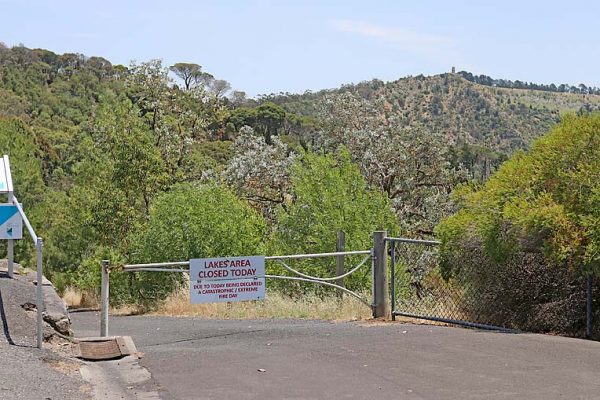
“Livestock owners should check on animals daily for signs of heat stress such as sweating, panting and drooling. Stock may also be restless and start bellowing,” Mr Whetstone said.
“Transport of animals both on and off the farm should be minimised during periods of extreme heat.
“If stock movement is absolutely necessary, then it should only be done during the night or early morning when temperatures are normally lower.”
Visit www.animalwelfarestandards.net.au/land-transport for more details on the national welfare laws governing the movement of livestock.


